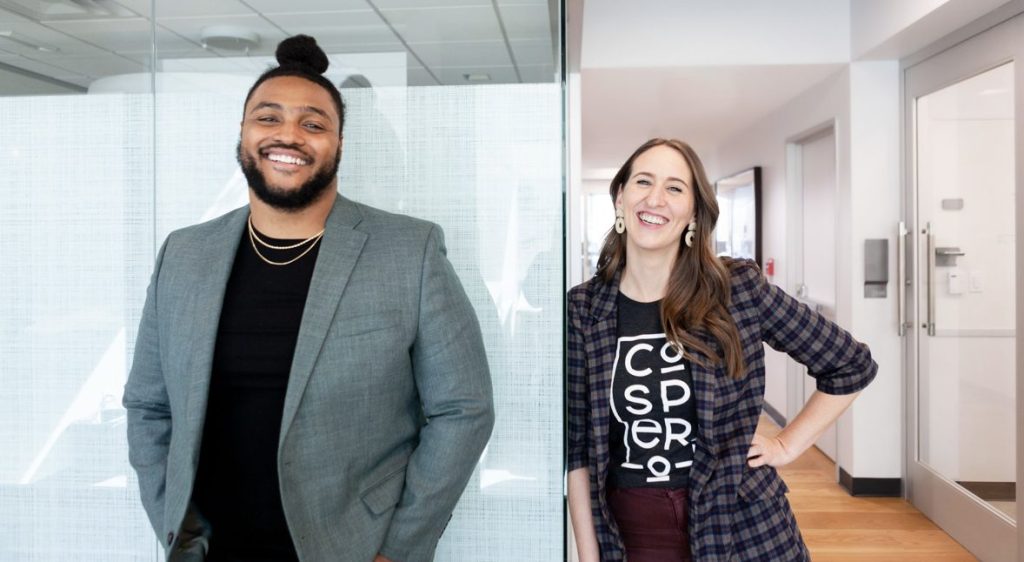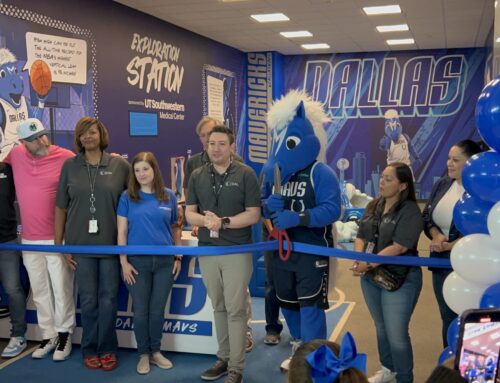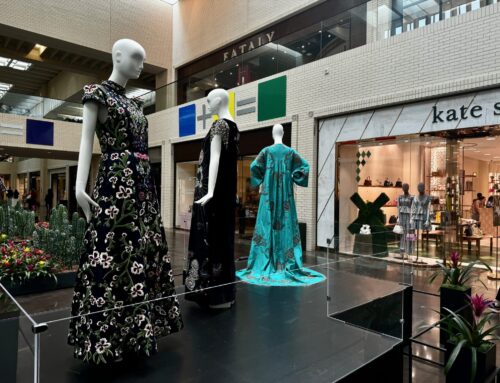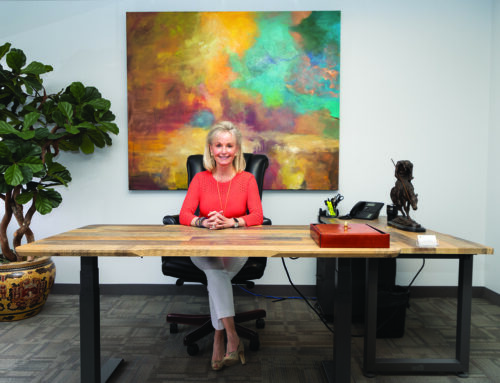In January we published a story about the duo constructing the City of Dallas’ inaugural racial equity plan. Harold Hogue and Lauren Coppedge — both former educators, he from Oak Cliff and she from Preston Hollow — founded a company called CoSpero. And the City of Dallas’ office of equity and inclusion last December announced the collaboration with their small, albeit established, social impact consulting firm. Since then, the Cospero team — as part of its information-gathering process — has been holding sessions with each of the City’s 40-plus departments as well as residents (thereby stakeholders) in hundreds of Dallas neighborhoods.
This morning KERA ran a news piece about the plan as it relates to Dallas’ arts and culture division.
KERA’s Miguel Perez interviewed Teresa Coleman Wash with the Bishop Arts Theater Center, who weighed in on CoSpero’s in-progress equity framework — to be delivered to City Council later this summer — pointing out that Dallas’ deep-rooted inequity issues will not be resolved with a singular action or plan.
“Racial equity is not a project,” she told the reporter. “It is about who we are as individuals.”
Wash and other arts community members say they hope CoSpero will go beyond the numbers that the City has previously lined out (an example is the goal of adding five equity-specific public art projects by 2024) and address, for example, the need for resources for artists of color: “livable wages, money to cover operational costs and the proper space to make art.”
And spaces like the Bishop Arts Theatre Center need more than what she termed a “go-away grant” in order to grow and anchor themselves in the neighborhood for future generations.
Ballet Folklorico’s artistic director Alexandra Hernandez attended a recent listening session with CoSpero, KERA reports, where she seems to have expressed similar ideas. She says supporting the artist is key as she recalled her former life in Minneapolis where says she made a living working a single full-time job at an arts group. Something like that would not be feasible in Dallas.
A theme among those who offered input: improving the quality of life for our city’s talented artists will improve the quality of art and culture in our city.
It seems affordable housing, public safety, access to healthy food, healthcare and other resources is important to the arts community; the same things presumably will be a top priorities for many of the City’s departments as they contribute ideas and establish measurable short- and long-term goals and accountability metrics.
CoSpero’s consultants told The Advocate that achieving racial equity in the City would mean, essentially, that race or ethnicity no longer predicts economic or educational opportunity, access to housing and quality infrastructure, health services or levels of legal justice.
Interdepartmental cooperation is unique to the creation of this racial equity plan, says City of Dallas equity officer Dr. Lindsey Wilson. It’s different from anything that has been done in the past.
It is more accurate to describe the plan as a “strategic framework” than to look at it as a new plan, Wilson told The Advocate.
She believes every department at City Hall has a part to play when it comes to achieving racial equity.
“In spite of how either internal-facing or community-facing our departments are,” Wilson says, “everyone literally has a critical role to make this happen.”
KERA’s broadcasters indicated listeners would be hearing from Cospero’s Harold Hogue Thursday morning, so keep an ear out for that.







